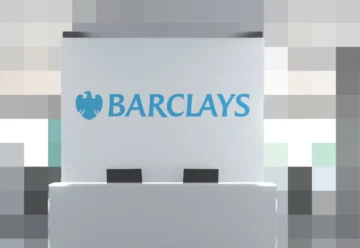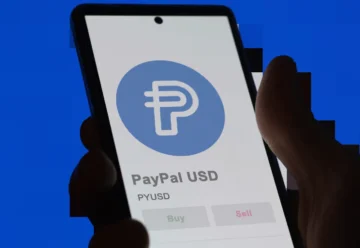Hong Kong Launches Retail CBDC Pilot Project

The Hong Kong Monetary Authority announced the launch of the central bank digital currency (CBDC) pilot project. Sixteen companies, including Alipay Financial, Mastercard Asia, Ripple Labs, Visa, and HSBC, will participate in the first round of trials of the digital Hong Kong dollar (e-HKD).
The Hong Kong Monetary Authority (HKMA) announced the launch of a pilot program for the digital Hong Kong dollar (e-HKD). The first phase of trials is aimed at testing potential scenarios for the retail digital state currency.
As part of the pilot, the HKMA will conduct a thorough examination of the following areas of possible uses of Hong Kong’s CBDC with the participation of 16 companies from the financial, payment, and technology sectors:
- complex payments (ARTA (HK) LIMITED, China Construction Bank (Asia));
- programmable payments (Alipay Financial Services (HK) Limited, Bank of China (Hong Kong) Limited, Hang Seng Bank Limited);
- offline payments (Giesecke & Devrient, Standard Chartered Hong Kong, Industrial and Commercial Bank of China);
- tokenized deposits (The Hongkong and Shanghai Banking Corporation, Visa Inc;)
- Web3 transactions (Mastercard Asia/Pacific Pte Ltd);
- tokenized asset settlement (Fubon Bank (Hong Kong) Limited, Ripple Labs Inc., HKT Payment Limited, Chang Hwa Commercial Bank Ltd).
The HKMA plans to work closely with the selected companies over the next few months, conducting trials and monitoring their progress. The results of the tests are expected to be presented to the public during Hong Kong Fintech Week 2023, which will be held in early November.
In total, Hong Kong’s retail CBDC will have to undergo three phases of testing before the government makes a final decision on its launch.
The first phase:
- developing a technological and legal framework to support the implementation of e-HKD;
- formulating a plan for the development of the wholesale layer of the two-tier e-HKD system;
- identifying areas requiring legislative changes to ensure the central bank digital currency has the status of legal tender in Hong Kong.
The second phase:
- a detailed study of e-HKD use cases;
- researching the application, implementation, and design issues related to e-HKD;
- conducting pilot projects with stakeholders to gain practical experience.
The third phase:
- launching e-HKD;
- establishing a timeline for the launch of e-HKD, which will depend on the development of local and international markets.
According to Eddie Yue Wai-man, Chief Executive of the HKMA, the central bank also plans to establish a CBDC expert panel, which will consist of leading academics from local universities. This group will provide guidance as part of a study of key policy and technical issues of e-HKD, including privacy protection, cybersecurity, and interconnectivity.
It’s worth noting that as part of the collaboration, Ripple will demonstrate a real estate asset tokenization solution. The company will leverage its new government digital currency development platform, the Ripple CBDC Platform. Ripple announced its launch the other day. The platform is based on the XRP Ledger network and allows for developing and launching various versions of CBDCs and XRPL-based stablecoins.
Despite Ripple Labs’ lawsuits with U.S. regulators, the company made significant progress in facilitating CBDC development. For example, the FinTech company has been directly involved in state digital currency projects in Montenegro, Bhutan, and the U.K. and has even participated in the development of the U.S. digital dollar. The company has also achieved success with various financial institutions and large commercial banks that actively use Ripple’s network for cross-border payments.











